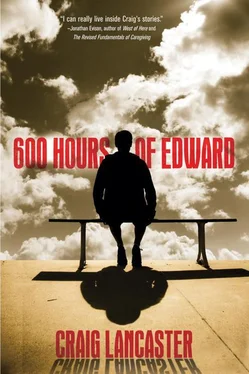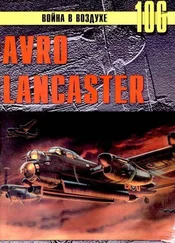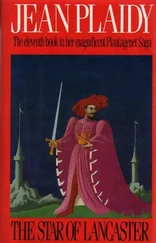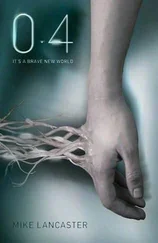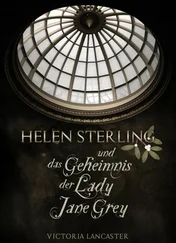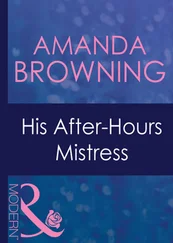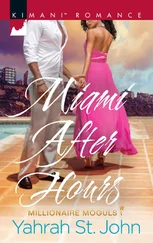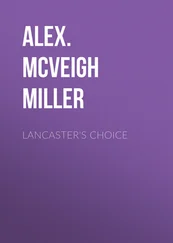“Edward, I heard the news about your father. I am so, so sorry.” She is walking across the lawn toward me, and when she reaches me, she presses her hands against my cheeks. Her hands are warm.
“I can’t talk to you,” I say.
“It’s hard, I know your family is going through a terrible time, but I just—”
I grasp her hands and pull them away from me. “I cannot talk to you.”
I push past her to the front door and disappear inside the house. My father’s house. My father is dead. I don’t know whose house this is.
– • –
At 2:01 p.m., the phone rings.
“Hello?”
“Edward, this is Ruth Buckley.”
“Yes.”
“I read the news about your father today. I’m so sorry.”
“Yes.”
“How are you doing?”
“OK, I guess.”
“Would you like me to set aside some time for you today? If you need it, I can do it.”
“I think I will be OK.”
“You’re sure?”
“Yes.”
“Edward, death can be a very a difficult thing to handle. If you need to talk, at any time, you call me. Do you have all of my numbers?”
“Yes.”
“Edward, are you certain that you’re handling this?”
“Yes. I know the stages of grief.”
“Where do you think you are?”
“I’m not in denial. It happened. I know that. It was in the newspaper. I’m always in isolation. I don’t feel angry, except a little bit at my mother, who is deifying my father—”
“Many people do that immediately after the death of a loved one.”
“Yes. I’m not bargaining. I don’t think I’m depressed. I haven’t accepted it yet. I guess I would have to say that I’m dealing with it.”
“OK. That’s good.”
“Yes.”
“Call me if you need anything. And I do mean anything.”
“I will.”
“Good-bye, Edward. I will see you Tuesday, if not sooner.”
“Good-bye, Dr. Buckley.”
– • –
The phone rings again at 6:17 p.m. as I’m clearing away the dishes from my spaghetti dinner.
“Hello?”
“Edward.”
“Hello, Mother.”
“Edward, I want to apologize for yelling at you.”
“OK.”
“I feel so crazy sometimes. This can’t be happening.”
“You’re not crazy, Mother. And it is happening.”
“I know. Will you still be at the funeral tomorrow?”
“I will be there.”
“Thank you.”
“Mother?”
“Yes.”
“I’m sorry for yelling, too.”
– • –
It is Halloween, but no one comes to the door. This is as I planned. On Halloween, I turn off all the lights and put my car in the garage, and it seems for all appearances that I am not home. That is so much easier than telling eager children at the door that, no, I have no candy for them. Children get sad when you say such a thing to them, and that is difficult enough. But some adults, they get violently angry. That I do not need.
Kyle, I guess, is off enjoying Halloween in Laurel, at his grandparents’ house. I watched through a tiny slit in the curtain as he walked out to the car earlier today with his overnight bag, accompanied by Donna in her nurse’s scrubs. Jay L. Lamb’s “memorandum of understanding” said nothing about watching my friends from the living room of the house I live in, and even if it had, I would like to see him prove that I did it.
– • –
Tonight’s episode of Dragnet , the eleventh of the first season, is called “The Big Shooting,” and it’s one of my favorites. It originally aired on March 30, 1967.
In this episode, Sergeant Joe Friday and Officer Bill Gannon investigate the shooting of a police officer, but they are hindered by two things: The cop, who survives the shooting, has a mental blackout about what happened. Also, there are no other eyewitnesses to the shooting.
For months, Sergeant Joe Friday and Officer Bill Gannon keep at it, slowly accumulating clues and evidence about the shooter and his cohort. (I love the word “cohort.”) Finally, one of Sergeant Joe Friday’s informants lets him know where the men can be found. Sergeant Joe Friday and Officer Bill Gannon bust in on them in a cheap motel and take them downtown. They still don’t have an eyewitness who can identify the men. But Sergeant Joe Friday has an idea.
He dresses the amnesiac cop in his uniform and has him stand at the door when the men are interrogated. Thinking that they had killed the cop and now worried that he will identify him, they get spooked and admit to the shooting. Once again, Sergeant Joe Friday gets his men.
I would like to be lucky enough to not remember those who take things away from me.
– • –
Tonight, I need a new green office folder.
Dear Mother:
Although you have apologized to me and I have forgiven you for the events of today, I feel that I must make it clear to you that there is much you either don’t know or don’t want to know about your now-dead husband, my father.
I am not making these things up. You may think that Father hung the moon—which is an idiom, as no one has the physical capability to actually hang a moon. But my memories of him are mostly of being marginalized and being unable to please him. That makes me very sad now that I will never see him again.
In Jay L. Lamb’s statement in the Herald-Gleaner article, he referred to “Maureen and the family.” I should not have to point out to you that “the family” is I. It is you and I now. Father is gone. And while I realize that you are in the denial-and-isolation stage of grief, I do hope that you can deal with it in a brisk manner. I would like to be your friend and your child. I could manage only one of those things with my father.
I am, your son, Edward
On the second full day of my life without my father, and the 306th day of the year (because it is a leap year), we are going to bury him. It is this strange custom that sits in the forefront of my mind when I awake at 7:42 a.m. Why do we bury those who die? Where did that come from?
I am lucky to live in an age when I can learn the answers to such questions as easily as climbing out of bed and going into the next room. To run the word “death” through an Internet search engine is to traffic in websites and pictures that educate and horrify.
I learn that we have not advanced so far from the days of the Neanderthals, when it comes to matters of disposing of the dead. They, too, buried the people who expired, and though Neanderthals were crude people, they did not bury carelessly. Bodies were tenderly placed in holes, sometimes in a fetal position, as if returning the person to child form, and sometimes in a recumbent position, presumably for a safe, comfortable trip to wherever the Neanderthals thought their dead were going. What happens to us beyond death is more than my fact-loving mind wishes to contemplate.
When this land I live in now belonged to the Indians, a body was often left out in the open for birds and scavengers to feast on. The Absarokes would place their dead bodies in trees or on scaffolds, and then they would come along to collect the bones for burial later. If you consider the culture of the Indian, it makes sense. The tribes were and are great stewards of the land and the animals who roam it. They would use every part of a buffalo and honor the animal in the hunt. It makes sense, then, that they would not let their own bodies decay without replenishing nature. I find myself liking the Absarokes’ approach.
The Egyptians preserved their dead. The Romans and the Greeks burned theirs, a practice that did not catch on here in America until the nineteenth century. Nowadays, cremation is considered an environmentally friendly way of disposing of the dead, rather than taking up acreage in a cemetery. I can only imagine what my father might have said to this option; he detested environmentalists.
Читать дальше
